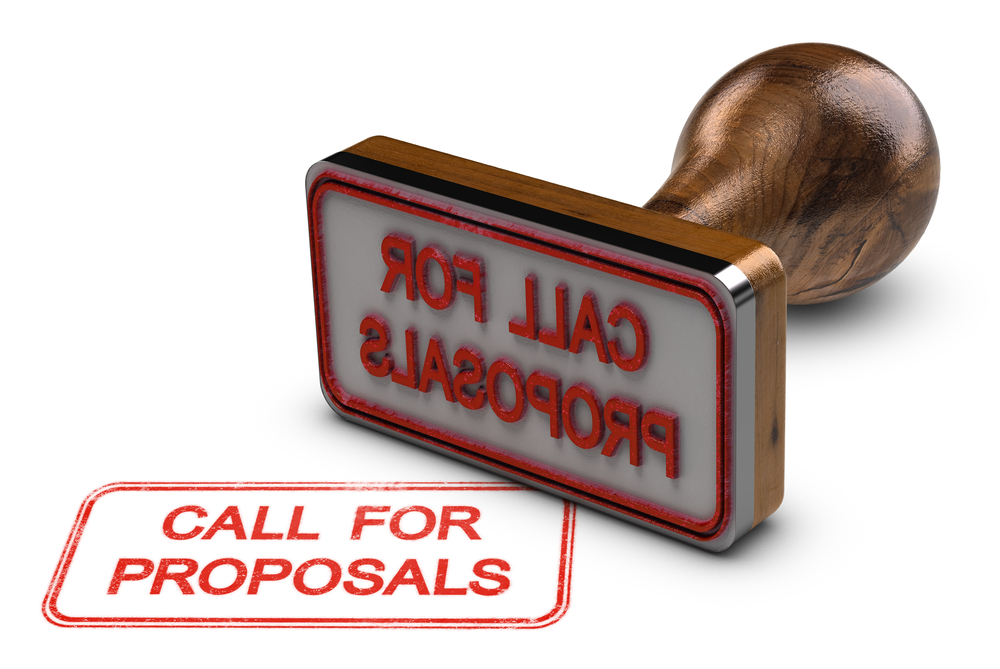Do your quotes and proposals help you differentiate your offer and get the desired results?
Consider these thoughts:
Quotes and proposals are very different!
Yes, quotes and proposals are very different, yet we see the terms (and documents) used interchangeably. As a company matures out of the equipment business, through the systems business, and into the solutions business it requires different sales tools.
A quote is usually just a list of equipment, a labor estimate, and a price: few variables, little room for interpretation, almost no differentiation–just dry facts. It talks entirely about the provider with little or no mention of the client. It makes price the key differentiator, which is the last thing you should want. It’s OK for the simplest of jobs, but anything much more than a hang and bang should generate a proposal.
Proposals tell a story—and the best ones make the client the hero of that story.
Proposals are a formal, narrative document, organized, descriptive, and dramatic. They take longer to prepare but 50% to 75% of their content can be templated, and the parts that can’t are needed anyway just to do a quote—which will now be incorporated into the proposal. So even any “extra” work isn’t wasted.
Here’s what a good proposal contains and what it does that even the best quote doesn’t:
- A Scope of Work that describes the project (in client language): purpose, functionality, responsibilities and expectations of each player (provider and client), assumptions used, and any exclusions. (What will be done)
- Itemized dates, milestones, and the processes you’ll follow. (How and when we’ll do it)
- Similar information to that of a quote: equipment, labor, and price. But this is now just part of the larger picture, not the main event. (What’s included, investment required, and the return.)
- Company and/or team credentials or other proof of performance. (Why we’re best for this)
- Focus on the client: objectives, benefits, results. It explains, persuades, and sells! (We understand your needs and will help you achieve your goals)
- It tells your story, your way, in uniform fashion that doesn’t rely on others to communicate to hidden decision makers. (Everything needed for a decision is here)
- It reinforces your image and builds your brand. (Consistent, professional look and feel)
Different types of projects may require separate templates, but they’ll be similar in concept and content. Invest the time to do this right and you’ll save countless hours and get great dividends.
Need help developing better proposals? Contact us at answers@navigatemc-com.lyricalstaging.com.





